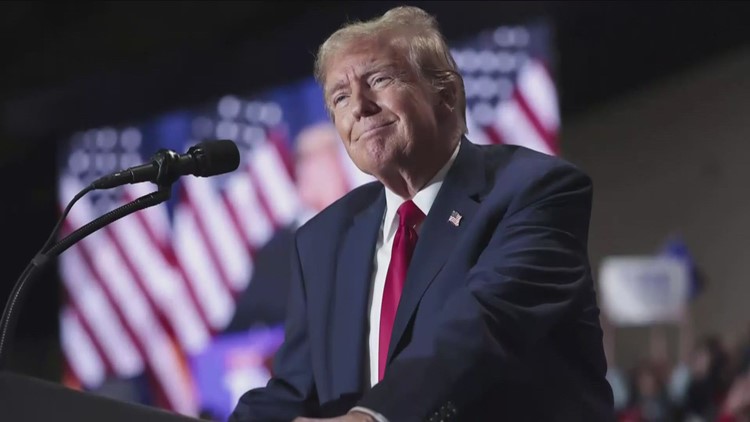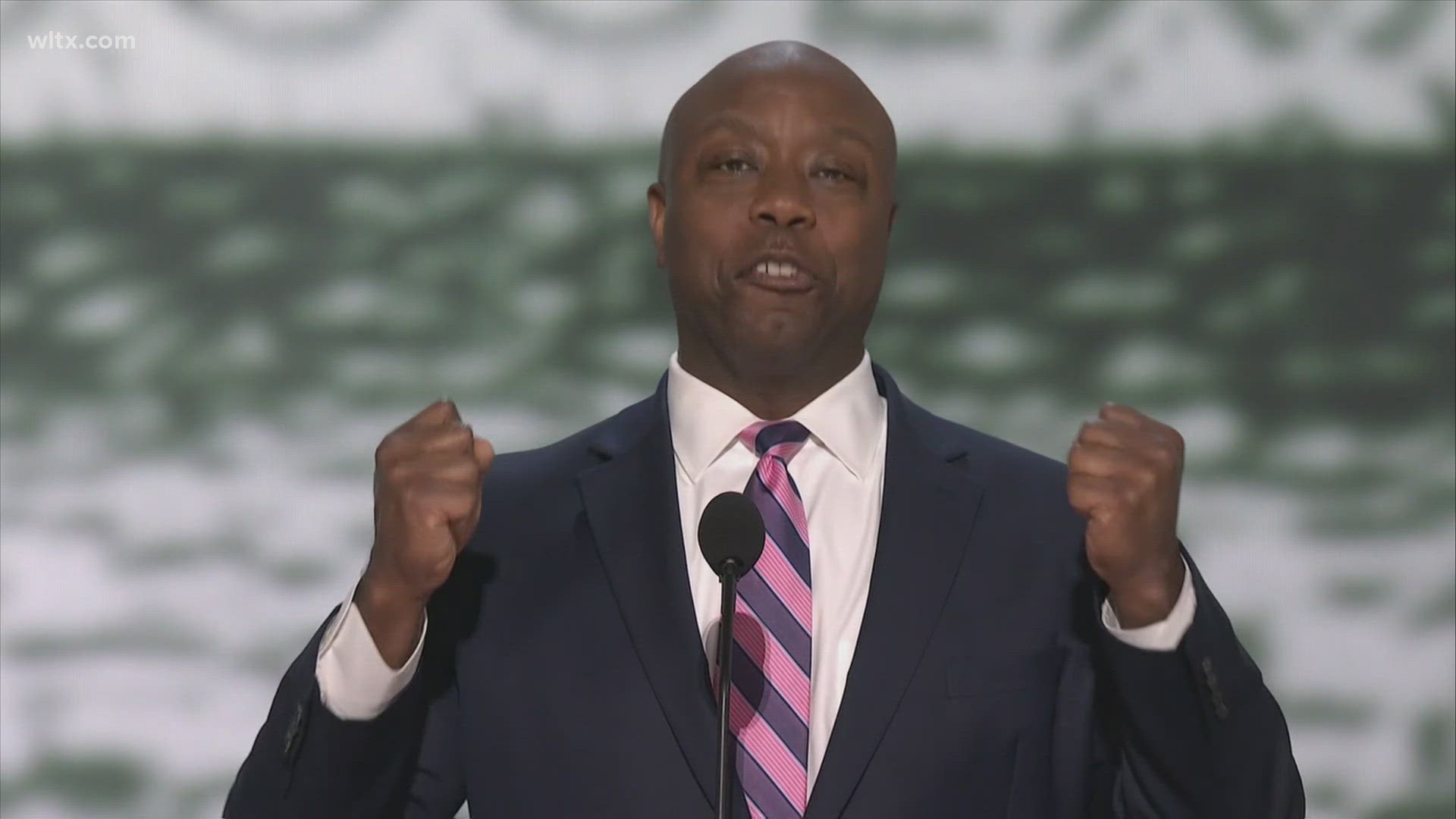NEW YORK — "Do you listen to or watch podcasts? If so, which ones?"
"Do you listen to talk radio? If so, which programs?"
"Do you currently follow Donald Trump on any social media site or have you done so in the past?"
Potential jurors will face a quiz like none other while being considered for a seat at the first criminal trial of a former president in U.S. history.
"Have you ever considered yourself a supporter of or belonged to any of the following:
- "the QAnon movement
- "Proud Boys
- "Oathkeepers
- "Three Percenters
- "Boogaloo Boys
- "Antifa"
More than 500 Manhattanites have been sent notices to appear April 15 at the borough's criminal court, where prosecutors and lawyers for Trump will try to select 12, plus a few alternates, who can set aside their opinions about one of the world's most famous and divisive people.
Trump has entered a not guilty plea to 34 felony counts of falsification of business records in the case, which stems from alleged efforts to hide "hush money" payments to adult film star Stormy Daniels. He has accused Manhattan District Attorney Alvin Bragg of pursuing the case for political gain.
That's a claim he and his lawyers will not be allowed to make during the trial. Instead, the judge will require them to present a case focused on whether the allegations are true or false, and whether Trump broke the law.
Here is how the judge will describe the case to jurors, according to a court filing made public Monday:
"The allegations are in substance, that Donald Trump falsified business records to conceal an agreement with others to unlawfully influence the 2016 presidential election. Specifically, it is alleged that Donald Trump made or caused false business records to hide the true nature of payments made to Michael Cohen, by characterizing them as payment for legal services rendered pursuant to a retainer agreement. The People allege that in fact, the payments were intended to reimburse Michael Cohen for money he paid to Stephanie Clifford, also known as Stormy Daniels, in the weeks before the presidential election to prevent her from publicly revealing details about a past sexual encounter with Donald Trump."
Potential jurors will be given a questionnaire with 42 questions, ranging from the mundane and common ("What do you do for a living?" "Have you ever served on a jury before?") to the more pointed ("Have you ever attended a rally or campaign event for any anti-Trump group or organization?").
Prosecutors proposed questions that delved further into potential jurors' politics, but some were scrapped by Judge Juan Merchan. At a Feb. 15 hearing, a prosecutor said Bragg's office wanted a question that would probe potential jurors about whether they believed Trump's false claim that he won the 2020 election.
Trump's lawyers objected to that question — "Do you believe the 2020 election was stolen?" — and it is not on questionnaire made public Monday.
During the arduous, potentially dayslong process of jury selection, many potential jurors will be singled out for individualized questioning by Trump's lawyers and prosecutors.
But all will first answer these questions.



